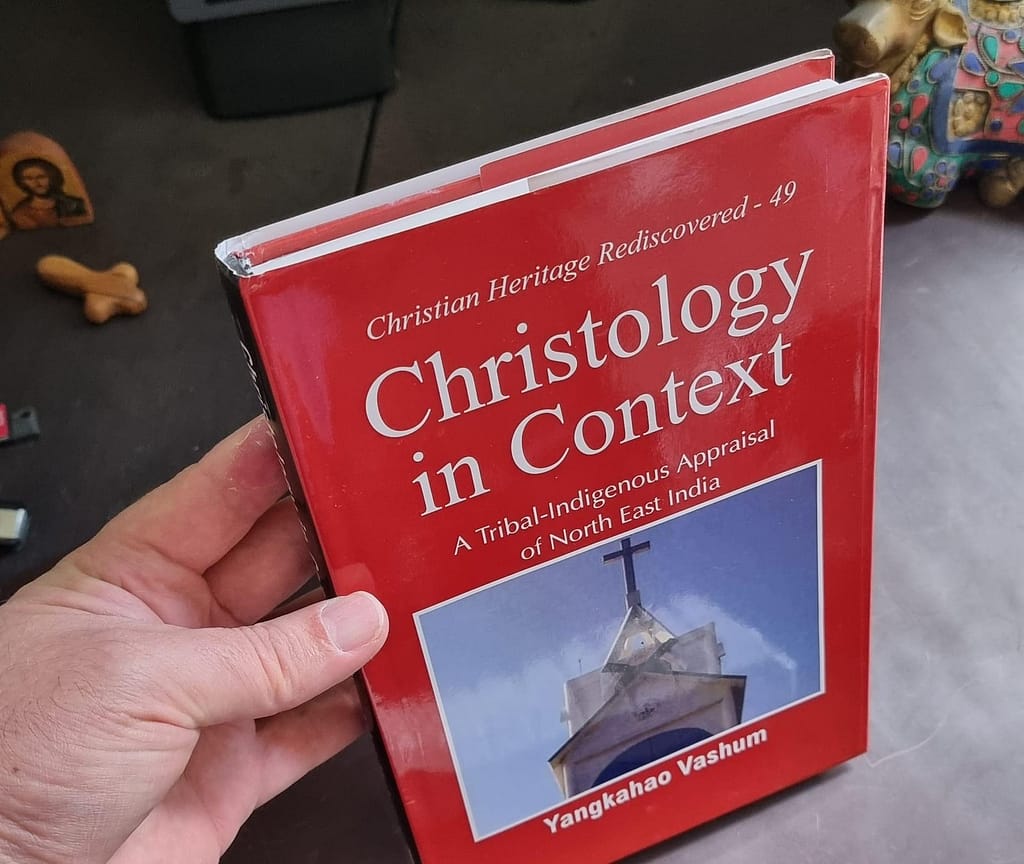When reading on world Christianity as a formal academic discourse, most of the material popularised and cited is that published by western imprints. No doubt, these texts contain good material, including primary research, and should be read more widely than currently the case. However, in order to publish in these presses the material needs to be ‘economically viable’: readers need to buy the books.
This presents a major problem for the actual study of world Christianity.
It is really very difficult, even as a mainstream white theologian, to get material published from/on the continent of Oceania. One continually runs up against the idea that economic centres of theological power (Europe/North America) will not read material issued from this region. While they may be interested in ‘world Christianity’, it remains a thing to be controlled and which reinforces existing positions.
It is often the case that the argument needs to be ‘hearable’ by the readers (including the [commissioning] editors and the peer reviewers), which means that it is interpreted within established frameworks. This does not mean that the arguments are not ‘new’–but that they fit within a bounded interpretive framework. See, for example the following quote from Tinyiko Maluleke regarding long established postures toward African theologies and churches:
Established descriptions of these churches such as: ‘other-worldly’, ‘separatist’, ‘syncretistic’ , independent and ‘sect’ must be abandoned. Underlying these descriptions is the notion that the Western church-type and Western Christendom is the standard of what it means to be Christian. Often, dubious forms of Western ‘Christianity’ will be tolerated, whereas the slightest ‘deviation’ from (Western) tradition by African Christians will be looked upon with much suspicion and ridicule.
Maluleke, Tinyiko Sam. “Christ in Africa: The Influence of Multi-Culturity on the Experience of Christ.” Journal of Black Theology in South Africa 8, no. 1 (1994): 49–64, here 53-4.
This points to an existing value-laden overlay, one which exerts an inclusion/exclusion function, and reinforces a dominant narrative as to what counts as normative theology and what deviates from that norm.
The economic concern, in other words, means that texts must fall within ideological boundaries, boundaries which are themselves discredited by reference to the world Christian experience. To give a second example, I was asked a while back to co-edit a text on Christianity in Oceania for a series on Christianity in each continent. I was happy to do so as long as, first, we could interrogate received accounts which read the presence of Christianity in the region through an ongoing colonial narrative (linked to ‘arrival’ narrative detached from the role of ancestors, for example), and, second, could develop an alternate set of important theological questions which differ from those asked by established western theological norms but which are basic to the experience of Christianity here.
The editor responded by withdrawing the offer.
Alternate Publishing Houses
So, there is significant work to be done, but it does not lie in producing the work–it lies in recognising and promoting work that is already being done, bringing that work to a wider audience.
To this end, I draw your attention to two publishing houses outside of the western mainstream.
The first is the African Books Collective (https://www.africanbookscollective.com/). This is not a ‘theology alone’ site, but rather a gathering point for a number of publishers through Africa. The search function is excellent and you can browse very easily. As one example of what is, for me, a foundational text regarding questions of local appropriation and interpretation of the Christian gospel, see Martin Ott, Martin, African Theology in Images (Malawi: Kachere Series, 2006).
The second is Christian World Imprints (https://www.christianworldimprints.com/index.php). This is actually a Hindu run publishing house out of New Delhi. It includes a good deal of material asking different questions. This includes the publication of masters theses and sometimes the English language editing work could be improved, but it offers a rich range of alternate voices and perspectives. The quality books themselves are excellent.

There will be other publishers. Please let me know what other sources I should take note of!
Nice post, John. Another publishing house to keep an eye out for, and which is also in India, is ISPCK (https://www.ispck.org.in/books). And in Latin America, there’s CLAEC Books, Hebel Ediciones, and JuanUno1 (http://www.juanuno1.com/).
I knew ISPCK but not the Latin American houses. There is one in North America, which I spent time on, but for the life of me cannot remember now.
Comments are closed.